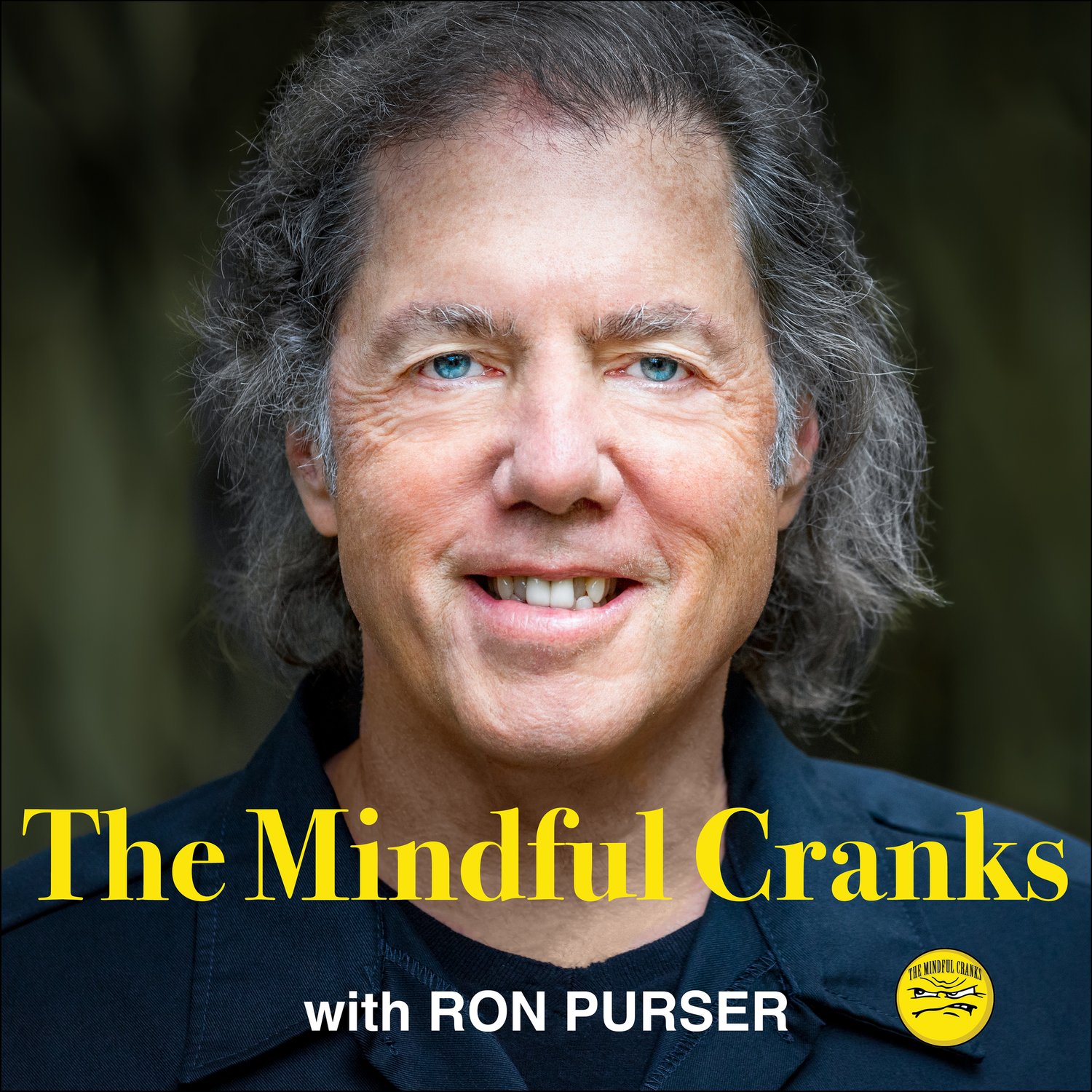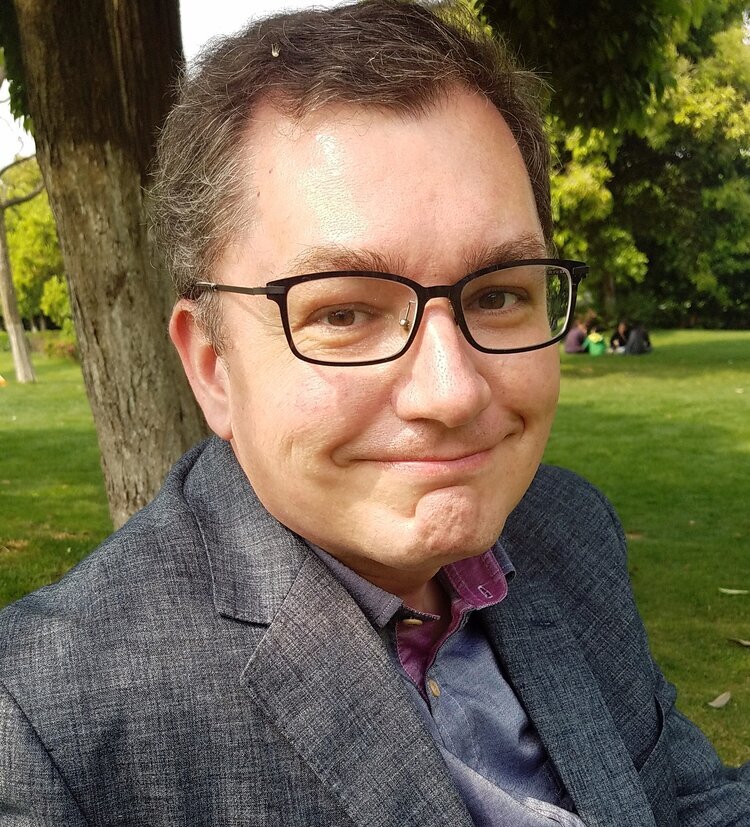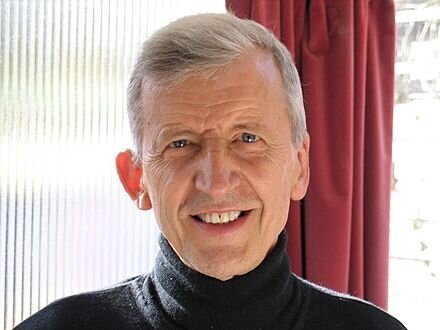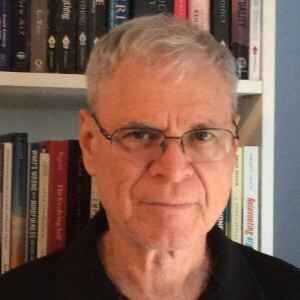In Episode 21, I speak with Rabbi Michael Lerner, author of Revolutionary Love: A Political Manifesto to Heal and Transform the World and editor of Tikkun magazine. Lerner's social activism goes far back to when he was a leader of the Free Speech Movement at UC, Berkeley in 1964. Rabbi Lerner shares with us his vision for a Caring Society, and how to address the unmet psychological and spiritual needs that the Left has ignored. He explains the importance of developing 'prophetic empathy' as a means for building a progressive movement infused with love and caring for all.
Cornel West, professor of African American Studies at Harvard U. and author of Race Matters wrote: “Lerner is one of the most significant prophetic public intellectuals and spiritual leaders of our generation. Secular intellectuals and those who yearn for a major change in the direction of American society can learn a lot from reading his books.” Rabbi Lerner’s legacy of political activism was launched in 1964 when he attended UC Berkeley.
The failures of the social change movements of the 60s and 70s inspired him to study psychology to gain a deeper understanding of the psychodynamics of American society. Intellectual wisdom and curiosity as well as spiritual depth have always been the foundation of his work and efforts, giving rise to many articles, books, and ultimately, Tikkun magazine.
After completing his second Ph.D. (in clinical and social psychology at the Wright Institute, Berkeley), Lerner founded the Institute for Labor and Mental Health, and became principal investigator of a major NIMH research project on stress at work and family life. In the course of that work, he and his colleagues uncovered the spiritual crisis in American society. From 1980-85, he served as Dean of the Graduate School of Psychology of New College of California training future psychotherapists about the connection between personal psychological challenges and societal pathologies. Rabbi Lerner pioneered “the Politics of Meaning” and later founded the Network of Spiritual Progressives. His ideas gained influence and reached a larger public audience after the NY Times magazine published an article about Lerner entitled “This Year’s Prophet”.
Mentored by Abraham Joshua Heschel at the Jewish Theological Seminary, Rabbi Lerner became controversial for his unwavering support of Palestinians and his insistence on seeing the humanity of both peoples in the Holy Land. For his courageous stands, on one hand, his house was attacked four times by Right wing extremist Jews and on the other hand, he received the PEN (Oakland) Award and the Martin Luther King, Jr./Mahatma Gandhi Peace Award from Morehouse College, Atlanta. His theology book Jewish Renewal: A Path to Healing and Transformation became a national best seller.
To help educate progressives around the world about the spiritual and psychological needs that the Left often ignored and the Right addressed in a distorted fashion, Lerner founded Tikkun Magazine in 1986.
Utne Reader called him one of America’s 100 Most Significant Visionaries and the Dalai Lama honored him for his peace work. His book The Left Hand of God: Taking Back our Country from the Religious Right, which draws from his research at the ILMH, became his second national best seller in 2006.
He has been a guest on both national and international radio and television, including Larry King Live, CNN News, Meet the Press, Bill Moyers Journal, Terry Gross’ Fresh Air and more. His other books include: Embracing Israel/Palestine, Surplus Powerlessness: The Psychodynamics of Daily Life, Spirit Matters, The Socialism of Fools: Anti-Semitism on the Left, and in 2019: Revolutionary Love: A Political Manifesto to Heal and Transform the World.
Muhammad Ali Memorial Service Video
Marianne Williamson’s Sister Giant Conference
Cornel West and Rabbi Lerner “Blacks & Jews”


















